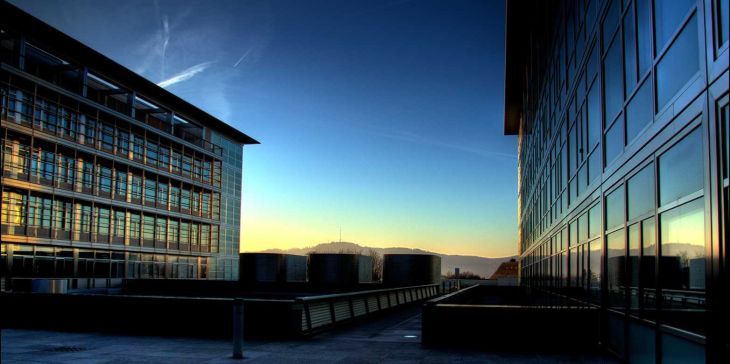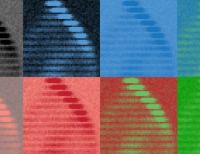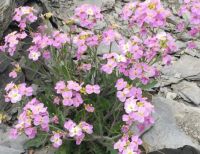Recently, Nature caused quite a stir with an article that suggested science is becoming less disruptive. According to the authors, the number of groundbreaking scientific discoveries has dwindled steadily over the past 60 years, despite ever-increasing funding; instead, more and more research merely seeks to refine or extend our existing knowledge.
There is some debate as to whether the results of the study, which were based on the digital analysis of 45 million academic articles and 3.9 million patents, may also be open to a different interpretation. Indeed, one might argue that the very concept of the disruptive scientific breakthrough is overrated and caters more to the idea of science as a story of heroic endeavour than to the daily practice of science in the lab.
Even if one takes that view, however, the notion of science as a buccaneering tale of disruption is not without its merits. After all, why would any young person embark on a risky career that requires hard work and offers no guarantee of financial stability if all they are going to do is plug some minor gap in the research literature? Obviously not everyone can win a Nobel Prize, but surely anyone who opts to become a researcher will at some point have felt the urge to try out something completely new and upend the existing scientific consensus. Yet giving in to that urge can be a frustrating experience, either because nature, as studied in the lab, stubbornly refuses to yield – initially, at least – anything but the most meagre, contradictory or baffling results, or because eminent figures in the field – and indeed those who hold the purse strings – consider this research to be ultimately futile.
Faced with this situation, researchers must summon up every ounce of determination, courage, tenacity and speculative imagination and hold tight to their gut feeling that scientific treasure may lie exactly where the prevailing orthodoxy refuses to tread. And thus we find ourselves plunging into the realm of emotion; after all, rational thought alone would never persuade us to embark on a journey that could potentially expose us to such epistemic uncertainty or turn us into a social outcast! One person who has dared to take this less travelled road is Hungarian molecular biologist Katalin Karikó, whose research into mRNA unwittingly laid the foundations for the COVID-19 vaccine. During her time at the University of Pennsylvania, Karikó failed to obtain a tenured professorship and was eventually forced to leave. But she refused to become discouraged.
The fact is that breakthroughs in knowledge often rely on emotionally rooted characteristics such as boldness and humility, perseverance and determination. Passions such as curiosity and amazement also belong in this context. Granted, these latter two qualities are universal traits that are relevant to numerous aspects of life. But delve into the history behind these terms and we find that amazement and curiosity were two of the most important characteristics of the 17th-century natural scientists, whose findings paved the way for the Scientific Revolution. It was this that led science historian Lorraine Daston to define curiosity and amazement as cognitive passions that have been essential in advancing scientific knowledge and, no doubt, still are today.














